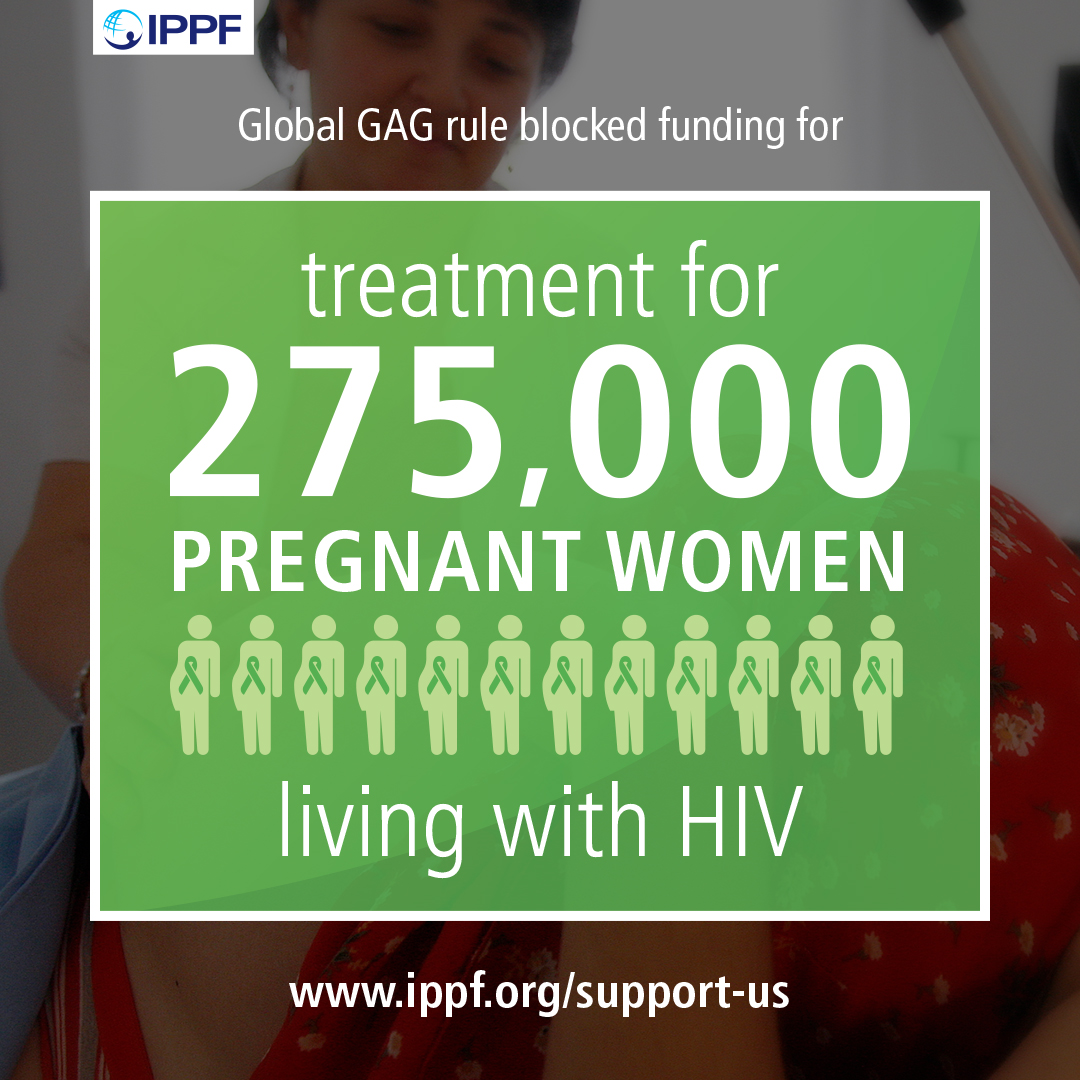Bordered by Lake Malawi, one of Africa’s largest and longest lakes, Malawi in southern Africa is home to around 18 million people, Tanzania lies to the north, Mozambique to the south and west, Zambia to the east.
Life expectancy averages 60 for men and 65 for women and the country has a high prevalence of HIV. More than one million people were living with HIV in Malawi in 2016, according to UNAIDS.
The Family Planning Association of Malawi (FPAM) provides both static and community-based sexual and reproductive health (SHR) services, reaching even the most remote communities to ensure no-one is left behind.
Females at high risk
Adolescent girls and young women are particularly at risk. As UNAIDS says: “Malawi’s HIV epidemic remains generalised and feminised.” Supported by US development funds, FPAM’s HIV projects target these vulnerable communities. Female sex workers (FSW) are offered safe spaces to get treatment and support, other initiatives work to prevent gender-based violence.
In the underserved communities of Machinga, in the southeast of the country, FPAM conducts free sexual and reproductive health (SRH) clinics. Service users can find a one-stop centre to access free family-planning services, advice for peer educators, and help for people who’ve experienced sexual gender-based violence (SGBV).
In traditional communities like these, there’ve been few such projects. And no workable system for handling cases of sexual gender-based violence. Well over 3,500 people have been reached, with cases referred to the project by watch groups. Education is key – and FPAM has trained young people to pass on information about where to get help.
Forced closures
In the city of Lilongwe, FPAM’s projects are accessed regularly by 4,000 female sex workers. It’s estimated that the prevalence of HIV is around 60% in this group. FPAM conducts comprehensive prevention, care and treatment services through both static and moonlight clinics.
The Global Gag Rule (GGR) means funds for projects like these are being forced to close.
FPAM’s Executive Director, Thokozani Mbendera, fears a range of core services could be hit. “We fear GGR will greatly negatively affect the members of the community,” he says. “Teenage pregnancies, unwanted pregnancies and other health issues will manifest… The one-stop centre will cease to function.”
IPPF is trying to find alternative funds to fill gaps, this is a combination of long and short term to avoid closures and reductions in services
when
country
Malawi
Blog Series
Fighting The Global Gag Rule
Subject
HIV and STIs
Related Member Association
Family Planning Association of Malawi












